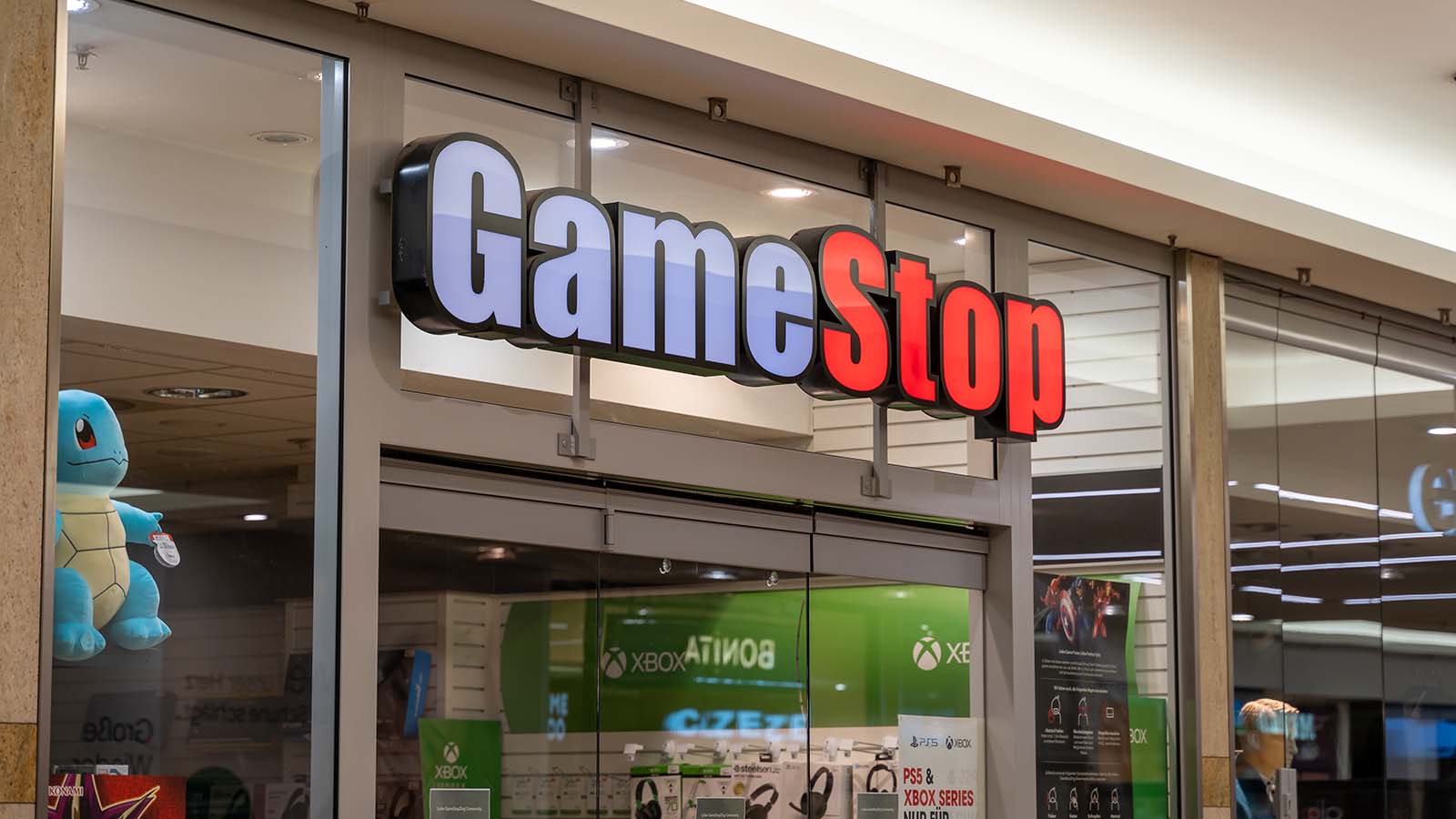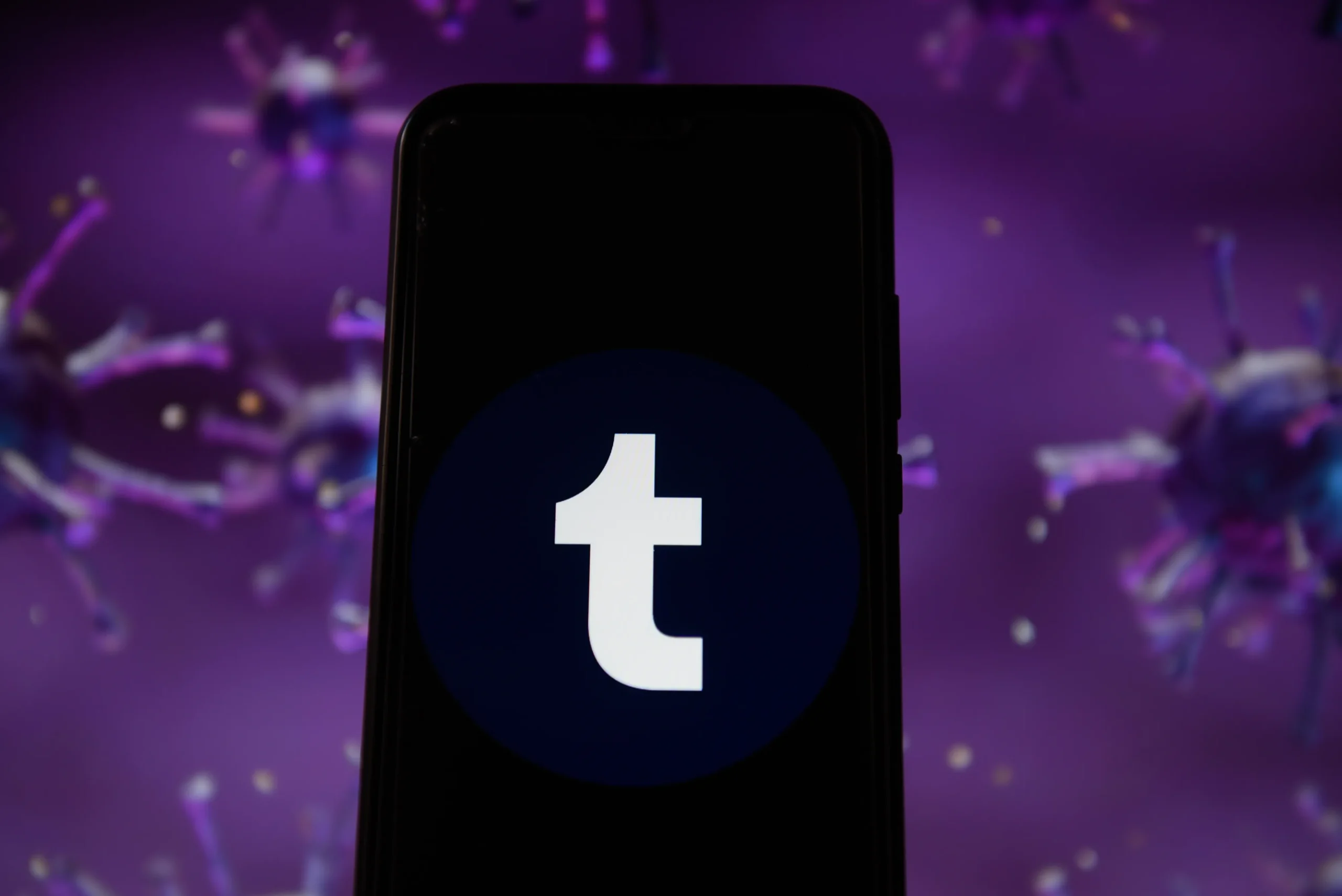
GameStop Corporation (GME), once a struggling video game retailer, became the focal point of an unprecedented stock market frenzy in early 2021. This phenomenon, driven by retail investors on social media platforms like Reddit, has had a lasting impact on Wall Street and reshaped how many people view investing. In this article, we’ll explore the rise of GME stock, the reasons behind its meteoric rise, and its implications for the stock market.
The Rise of GameStop (GME)
GameStop, founded in 1984, was a leading video game retailer in the early 2000s. However, as digital downloads and online gaming gained popularity, GameStop’s brick-and-mortar business model began to suffer. By 2020, the company was facing significant financial challenges, including declining sales and a shift in consumer behavior toward digital platforms.
Despite these struggles, GameStop’s stock caught the attention of retail investors in late 2020. The company had a large number of shares sold short by institutional investors who believed the stock would continue to decline. Short selling is a practice where investors borrow shares and sell them, hoping to buy them back at a lower price to make a profit. However, this practice carries significant risk, especially if the stock price increases.
The Reddit Revolution: r/WallStreetBets and the GME Short Squeeze
The turning point for GME stock came in January 2021, when a group of retail investors on the Reddit forum r/WallStreetBets (WSB) noticed the large amount of short interest in GameStop shares. They saw an opportunity to initiate a “short squeeze,” where a rapid increase in the stock price forces short sellers to buy back shares at higher prices, further driving up the price.
The WSB community, fueled by a mix of populist sentiment and a desire to challenge Wall Street institutions, began buying GME stock en masse. The stock’s price soared from under $20 in early January to over $300 by the end of the month, causing significant losses for hedge funds and other institutional investors who were heavily shorting the stock.
The Aftermath: Market Impact and Regulatory Scrutiny
The GME saga had a profound impact on the stock market. Several hedge funds, such as Melvin Capital, suffered massive losses due to their short positions in GameStop. The unprecedented volatility also led to trading restrictions on platforms like Robinhood, which faced liquidity issues due to the sudden surge in trading volume.
These restrictions sparked outrage among retail investors, who accused Robinhood and other brokers of protecting institutional investors at the expense of retail traders. The incident led to several congressional hearings and increased scrutiny of market practices, including short selling and payment for order flow (PFOF), where brokers receive compensation for routing trades through specific market makers.
GameStop’s Response and Strategic Shift
Amid the market frenzy, GameStop’s management saw an opportunity to capitalize on its newfound popularity. The company appointed Ryan Cohen, co-founder of the online pet retailer Chewy, to its board of directors in January 2021. Cohen’s vision for GameStop included a shift towards e-commerce and a digital-first strategy to revitalize the company’s business model.
Under Cohen’s influence, GameStop made several strategic hires from companies like Amazon, Google, and Chewy to spearhead its transformation. The company also explored new revenue streams, such as NFTs (non-fungible tokens) and blockchain technology, to diversify its business and cater to the growing digital economy.
The Broader Implications of the GME Saga
The GameStop phenomenon highlighted several key trends and shifts in the stock market:
![]()
- The Power of Retail Investors: The rise of GME stock demonstrated the growing influence of retail investors in the stock market. With easy access to trading platforms and real-time information, individual investors now have more power to move markets than ever before.
- The Role of Social Media in Investing: Platforms like Reddit, Twitter, and TikTok have become powerful tools for investors to share ideas, strategies, and information. The GME saga showed how quickly a narrative could spread and influence market behavior.
- Increased Scrutiny of Market Practices: The GME episode led to increased scrutiny of short selling, trading restrictions, and payment for order flow. Regulators and lawmakers have since called for greater transparency and oversight to protect retail investors.
- Volatility and Market Dynamics: The extreme volatility of GME stock raised concerns about market stability and the potential risks of speculative trading. Some analysts worry that similar episodes could destabilize financial markets if left unchecked.
The Future of GameStop and Retail Investing
As of 2024, GameStop continues to navigate its transformation under Ryan Cohen’s leadership. While the company’s stock price has stabilized compared to the heights of early 2021, it remains a popular topic among retail investors and financial analysts.
For many investors, GameStop represents more than just a stock; it symbolizes a shift in market power and the democratization of investing. The rise of GME stock has inspired a new generation of investors to take control of their financial futures and challenge traditional market norms.
Lessons Learned from the GameStop Phenomenon
The GME saga offers several lessons for investors and market participants:
- Understand the Risks of Short Selling: Short selling can be a profitable strategy, but it carries significant risks, especially in volatile markets. Investors should be aware of these risks and have a plan in place to manage potential losses.
- Diversify Your Portfolio: The volatility of GME stock serves as a reminder of the importance of diversification. A well-diversified portfolio can help mitigate the risks of individual stock fluctuations.
- Stay Informed and Be Cautious: While social media can provide valuable insights, it’s essential to approach investment advice with caution. Always conduct your research and avoid making decisions based solely on the opinions of others.
- Prepare for Market Volatility: The GME phenomenon showed that markets could be unpredictable. Investors should be prepared for periods of volatility and have a strategy to navigate these uncertain times.
Conclusion
The GameStop (GME) phenomenon is a defining moment in the history of the stock market. It showcased the power of retail investors, the influence of social media, and the need for greater transparency and regulation in financial markets. While the future of GameStop as a company remains uncertain, its impact on the investing world will be felt for years to come. As markets continue to evolve, the lessons learned from GME will be crucial for investors and market participants alike.







